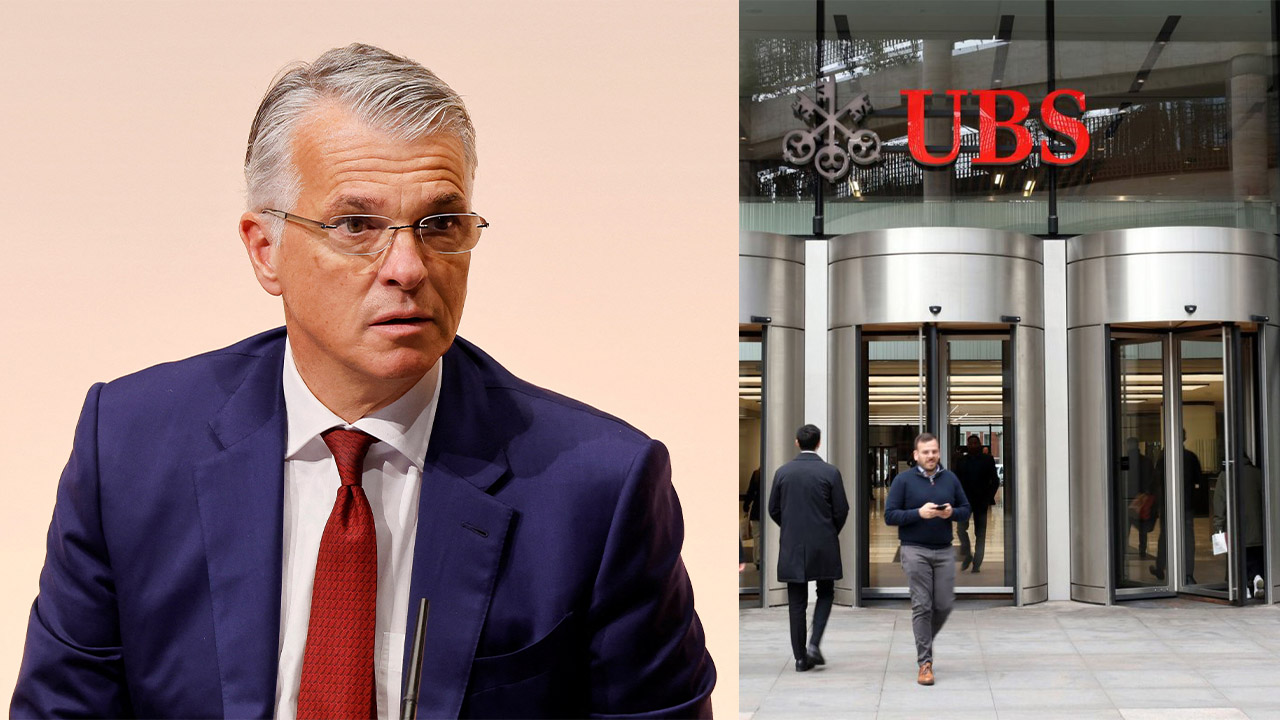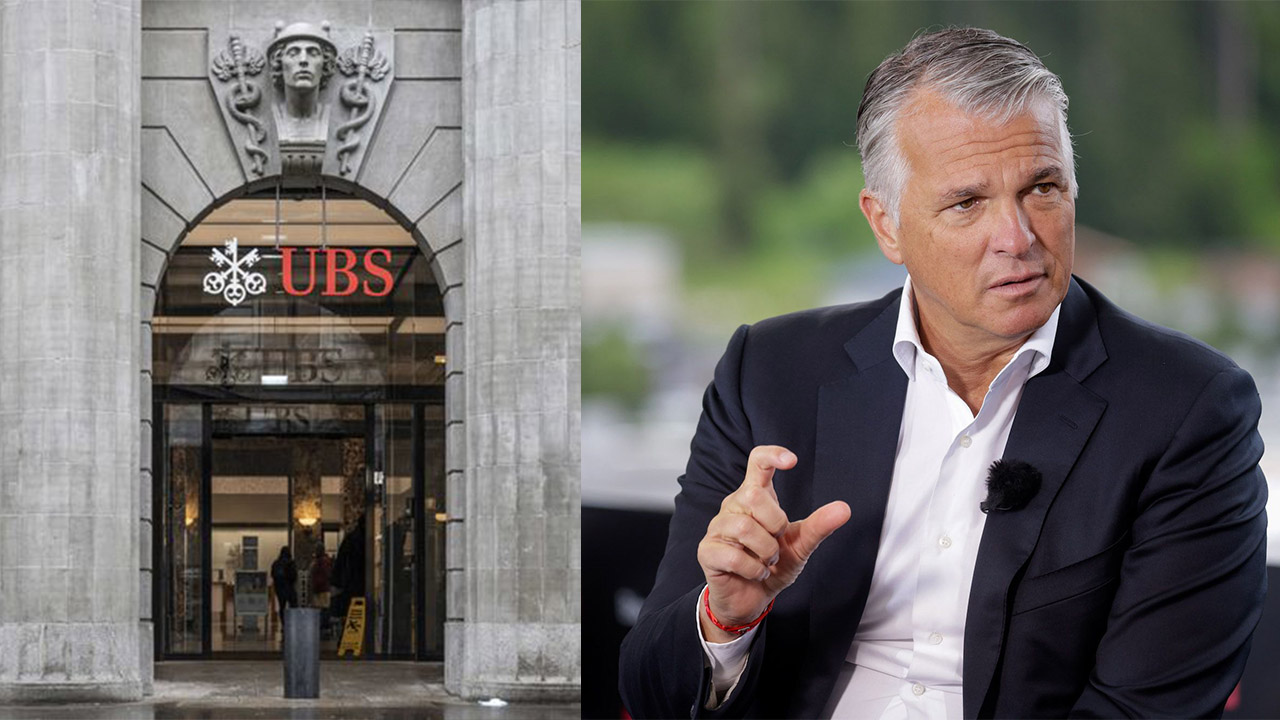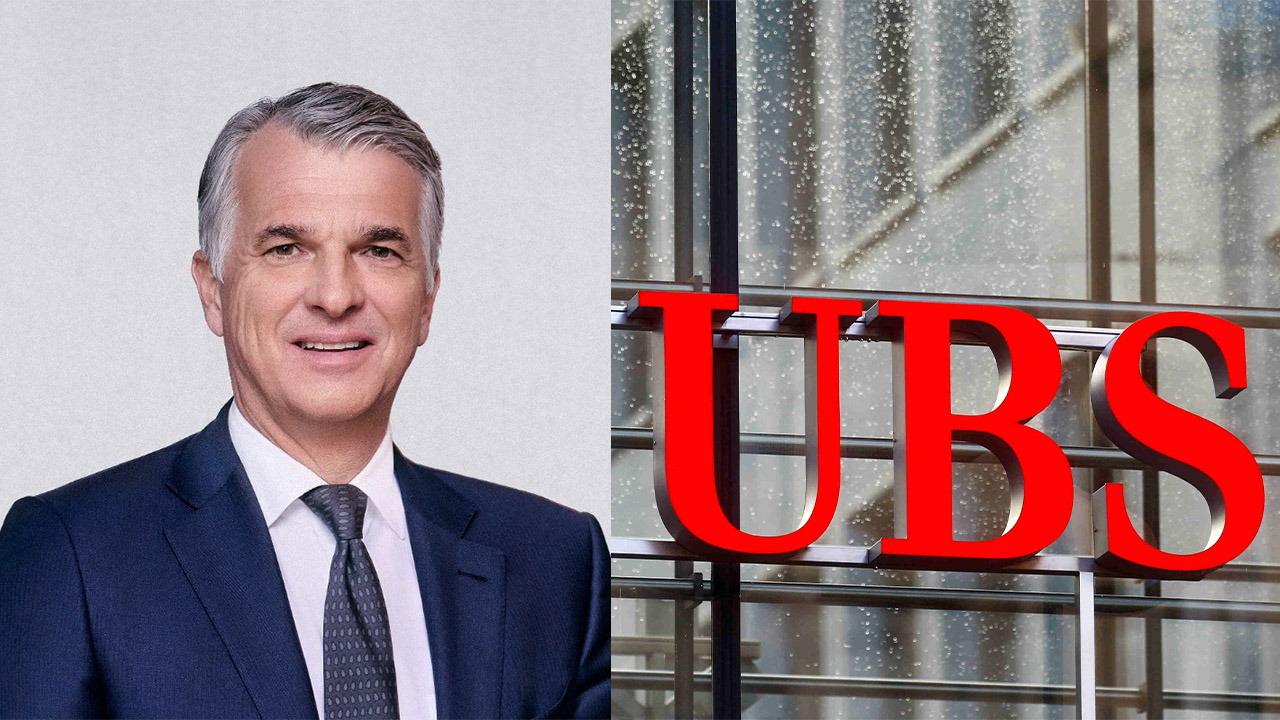UBS CEO Sergio Ermotti cautioned on Monday that any delay in integrating its technology and data with those of former rival Credit Suisse would diminish anticipated cost savings, emphasizing his commitment to oversee the process until 2027.
Since his return to UBS last year following its acquisition of Credit Suisse in an emergency rescue, Ermotti faces a critical period during which the bank must merge IT systems and transition clients, potentially encountering more challenges than before.
“We are quite certain that our primary risk is a delay rather than our ability to execute,” Ermotti stated.
UBS aims to integrate 300 of Credit Suisse’s 3,000 applications, striving to minimize client risks during the platform consolidation.
“The genuine risk lies in delaying the realization of synergies. Therefore, we must plan meticulously and maintain credibility in our actions. I am confident we are moving in the right direction, but we remain vigilant,” Ermotti remarked.

Client migration from Credit Suisse to UBS platforms commences this year, with a target of decommissioning 30% of Credit Suisse apps being the maximum achievable in 2024, according to the CEO.
UBS’s stock has surged since the acquisition, with investors optimistic about the combined entity’s prospects due to low acquisition costs, a substantial asset increase, and a relatively smooth integration process thus far.
The bank anticipates $13 billion in cost savings from the acquisition, mainly from staff reductions and IT system consolidation. However, Ermotti declined to specify the number of job losses, acknowledging it as a “painful exercise.”
While driving integration, Ermotti acknowledged the risk of overlooking the importance of generative AI, given the rapidly evolving competitive space.

Ermotti pledged to lead UBS until the integration’s completion by late 2026 or early 2027, prioritizing internal succession candidates as part of the process.
Apart from integration challenges, UBS also faces regulatory and political hurdles as Swiss authorities seek to fortify the banking system and enhance regulatory oversight.
Regarding recent government proposals to bolster Swiss banking, Ermotti expressed reservations about plans to increase UBS’s capital requirements, emphasizing the importance of avoiding overshooting in capital allocation.
The acquisition of Credit Suisse has already necessitated an additional $20 billion in capital reserves for UBS.
Ermotti, Europe’s highest-paid bank executive last year, faced criticism from Switzerland’s finance minister for his compensation, underscoring ongoing debates about executive pay.







Leave a Reply